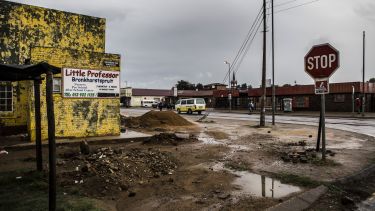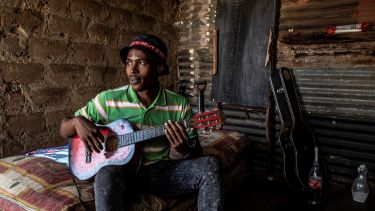Youth and the work/housing nexus in Ethiopia and South Africa
The Youth and the work/housing nexus in Ethiopia and South Africa is a collaborative research project funded by the British Academy, between the University of Sheffield (UK), The University of Witwatersrand (Johannesburg, South Africa) and The University of Hawassa (Hawassa, Ethiopia).



